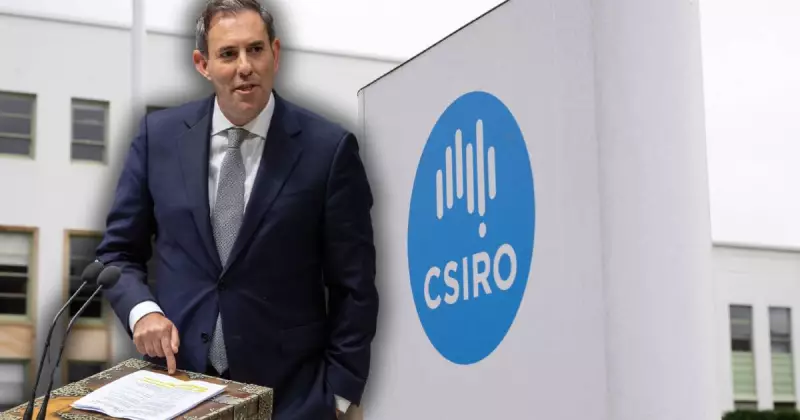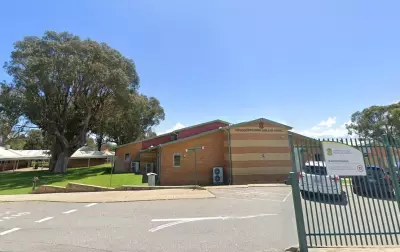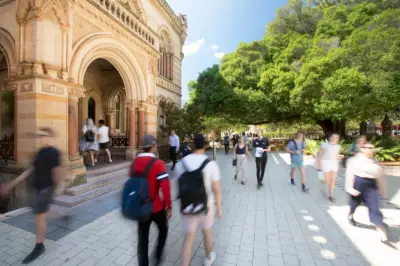
The Albanese government is set to deliver a crucial financial lifeline to Australia's national science agency, with more than $100 million in new funding scheduled for announcement in next month's mid-year budget update.
Critical Infrastructure Crisis
This funding injection comes as the Commonwealth Scientific and Industrial Research Organisation grapples with a severe infrastructure crisis. CSIRO chief executive Doug Hilton revealed the agency faces a $280 million repair and maintenance backlog, with more than 80 per cent of its 840 buildings considered "past their technical end of life."
The scale of the problem is staggering - repairs to just one facility, the Australian Centre for Disease Preparedness in Geelong, would cost approximately $1 billion. Dr Hilton emphasized the agency requires between $80 million and $135 million annually for the next decade to address maintenance and equipment upgrades, including essential cybersecurity improvements.
Job Cuts and Financial Pressure
Despite the impending funding boost, the CSIRO continues to struggle financially, preparing to cut up to 350 research jobs to stay within budget. Treasurer Jim Chalmers acknowledged the agency's challenges, telling the ABC that "their operating costs have been outstripping their revenue for some time now."
ACT independent senator David Pocock, who recently launched a petition demanding increased CSIRO funding, expressed grave concerns about the situation. "Years of delayed investment are now catching up with us, and the cost is not just financial, it's human," Senator Pocock stated.
He revealed his office had been "inundated with messages of distress from affected staff" since the job cuts were announced on Monday.
Political Reactions and Historical Context
The funding debate has sparked strong reactions across the political spectrum. Labor backbencher and former science minister Ed Husic made a dramatic appeal for his government to "pry open the jaws of Treasury" to secure more CSIRO funding.
Meanwhile, Opposition industry and innovation spokesperson Alex Hawke blamed the job losses on "Labor's cuts" and expressed concern that the reductions would "hurt Australia's sovereign capabilities."
Historical analysis reveals the depth of the funding challenge. Senator Pocock noted that federal government funding for CSIRO has eroded dramatically over decades, falling to less than half what it was per person in the 1980s and dropping 87.5 per cent as a share of GDP.
The agency's budget allocation has been rising by only about 1.3 per cent annually - significantly below inflation, representing a real-terms cut in funding.
A spokesperson for Science Minister Tim Ayes said the government wants CSIRO staff working in "safe, technologically effective and rewarding research facilities that are fit for purpose," while respecting the agency's independence in resource allocation decisions.





